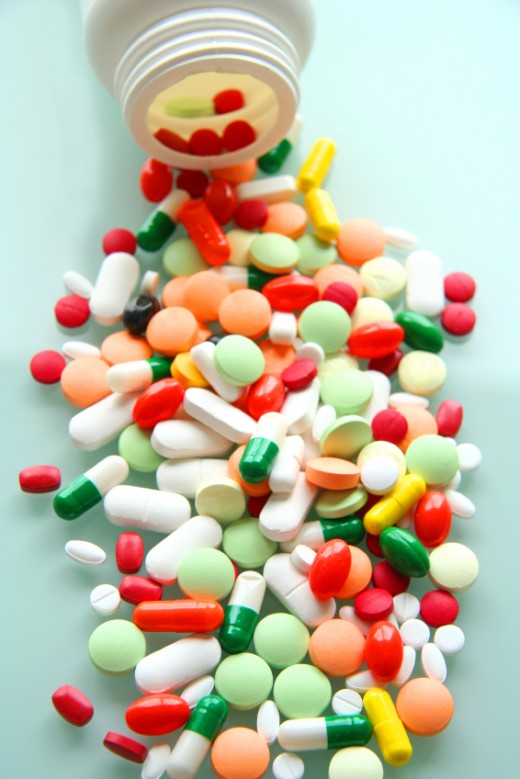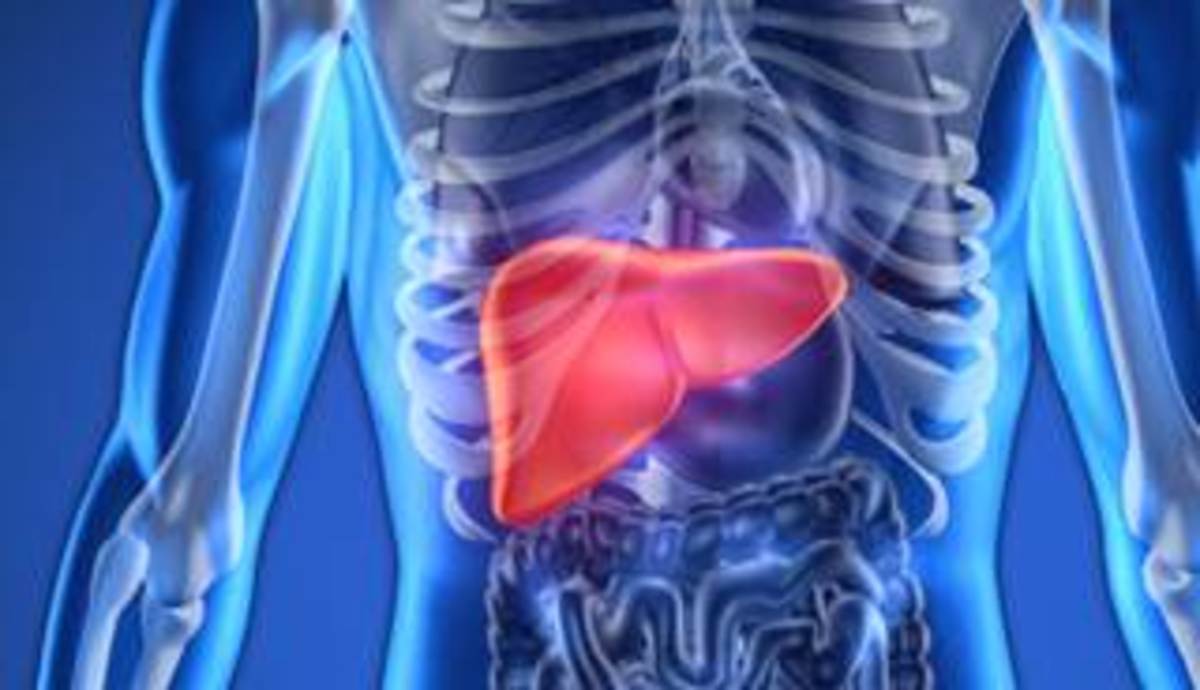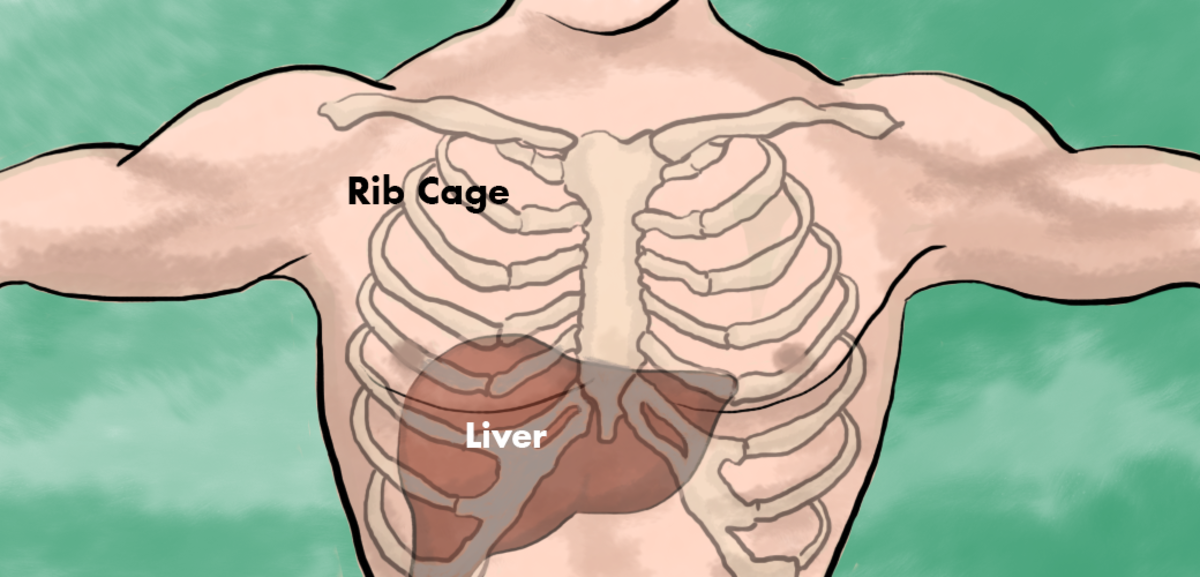Avoid Drug Toxicity

Drug toxicity has been found to be a major public-health issue. If you have been on the same drug for several years, it may be that your medication is making you sicker rather than helping you. Most medications you take are eliminated from your body through the kidneys and the liver. However, as you age, there is a gradual decline in the ability of your kidneys and liver to process and clear the medications.
Loss of kidney function, related to age, often starts in your 30s, and gets worse with each passing decade, according to findings from the Baltimore Longitudinal Study of Aging. This makes you more prone to drug toxicity.
There is a true story about an attorney who was 61 years old. She was shopping in a grocery store when she became very disoriented. For about an hour she wandered the aisles in a haze, and she filled her shopping cart with frozen tamales and chocolate cupcakes.
When she returned home, she babbled continually and was verbally abusive to her roommate. Then she yanked a fire extinguisher off the wall, and being convinced that she had found a better way to clean the apartment, sprayed the kitchen and bathroom with the thick white foam.
Her mental clarity did eventually return, but she was embarrassed and confused by her strange behavior. When she visited her doctor the next morning, the physician suspected drug toxicity.
She had been diagnosed with multiple sclerosis six years earlier and had been prescribed baclofen. It controlled the muscle spasms in her legs. She had begun a low-carb diet and had shed fifteen pounds. Because of her weight loss, the baclofen had built up to toxic levels in her body.
Symptoms of drug toxicity include:
- Dizziness
- Blurred vision
- Memory loss
- Fainting
- Falls
- Mental disorientation
Drug toxicity is usually mistaken as some other malady by physicians and patients. This condition can occur when the medication dose is too high. It can also be caused by the body's inability to metabolize the drug properly.
Sometimes a physician may fail to equate the patients symptoms with a drug toxicity issue, and end up giving them another medication on top of the ones they are taking. Soon the level of toxicity makes them feel similar to what they may feel with a viral illness or worse.
Another dilemma is when a patient is seeing several different doctors, and getting medications from each of them. The more medications that a patient takes, the more likely they are to have drug interaction and toxicity issues.
To avoid drug toxicity:
- Keep a careful record of what drugs you are taking including over the counter drugs.
- Inform all doctors you see of every medication you are taking and be aware of what the dosage is. Also list supplements, herbs or other OTC medicine you are taking.
- If blood tests do not bring your doctor to a diagnosis, ask him to do a specific test for drug toxicity.
- Eliminate or reduce the dose of a suspected medication under doctors care.
Although the safety inserts that come with medications are long and all encompassing, it is best to read through the insert before you take it. It may have information (usually in fine print) regarding the drug's possible size effects.
There are a few drugs that have been identified as those with the highest potential for harm:
Anticoagulants:
- Warfarin
- Aspirin
- Clopidogrel
Antidiabetic agents:
- Insulin
- Metformin
- Glyburide
- Glipizide
- Chlorpropamide
Narrow Therapeutic Agents:
- Digoxin
- Phenytoin
- Lithium
- Theophylline
- Valproic acid
The above drugs account for almost half of emergency room visits for drug reactions in older patients.
Other medications that have been proven to be toxic in the elderly are:
- Barbiturates
- Flurazepam
- Meprobamate
- Pentazocine
- Trimethobenzamide
- Belladonna Alkaloids
- Dicyclomine
- Hyoscyamine
- Amitriptyline
- Imipramine
If you have been experiencing unexplained conditions, and have been on a medication for a prolonged period of time, you can see your doctor to see if they can test for drug toxicity.
This information was taken from AARP Health Report 2010 by Mary A Fischer. I thought it was important enough to share it here.










